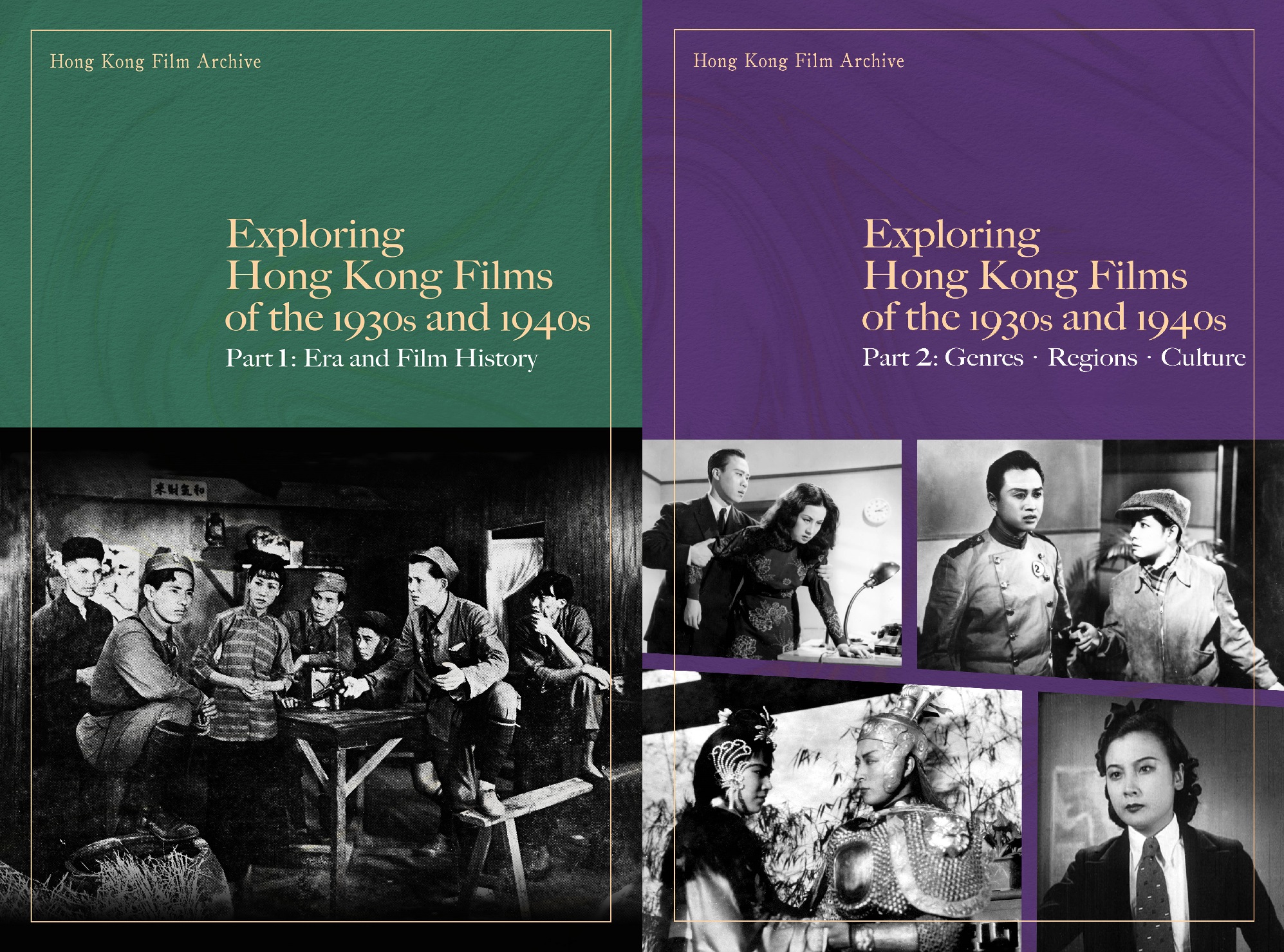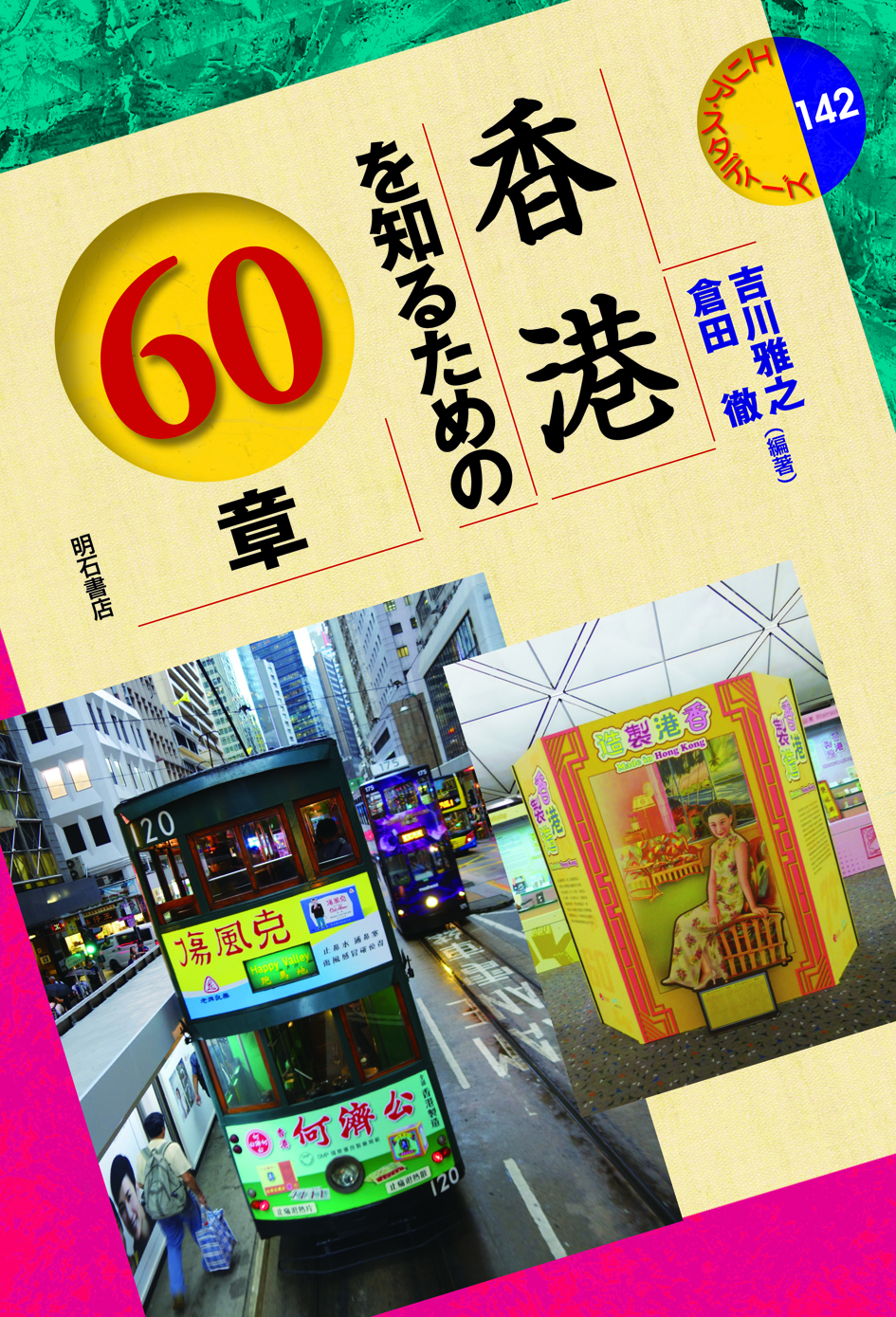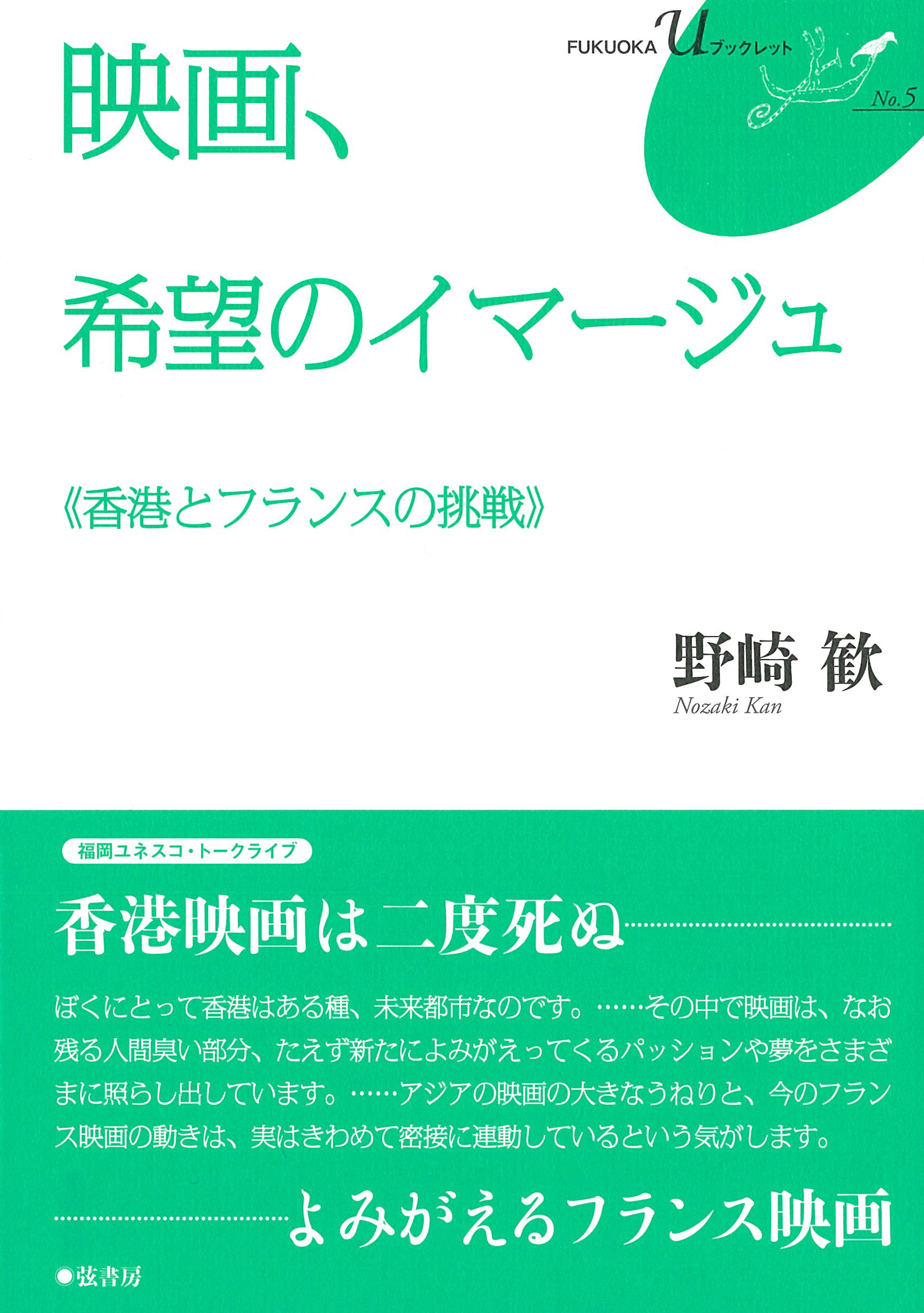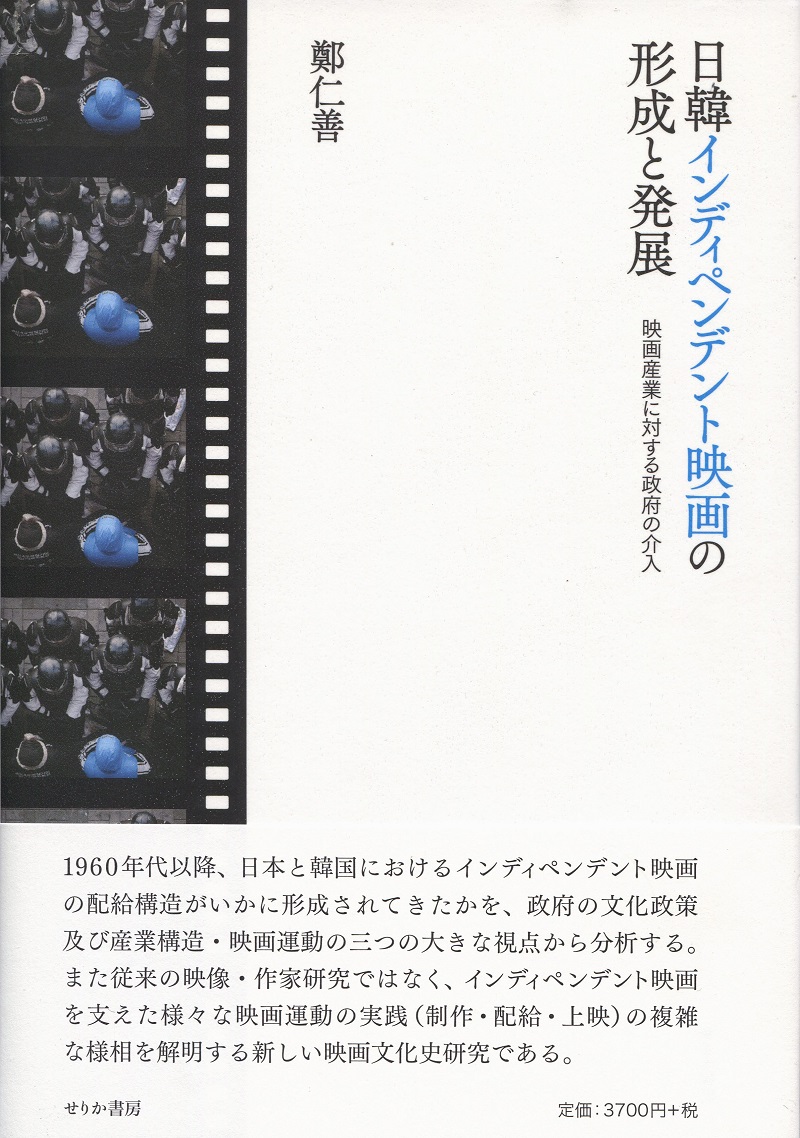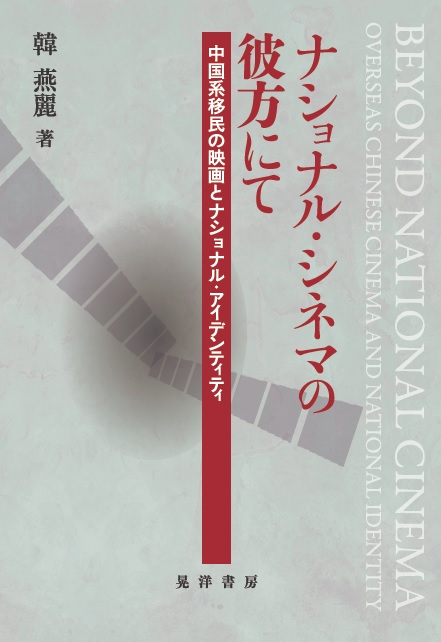
Title
National Cinema no Kanata-nite (BEYOND NATIONAL CINEMA – Overseas Chinese Cinema and National Identity)
Size
176 pages, A5 format
Language
Japanese
Released
April 30, 2014
ISBN
9784771025233
Published by
KOYO SHOBO
Book Info
See Book Availability at Library
Japanese Page
This book is a study of Chinese-language films produced by Chinese immigrants living outside mainland China. Those films do not fit into any framework of national cinema or films bearing the name of a specific country, i.e., they are referred to not as “Chinese cinema” but as “Chinese-language cinema.” For instance, Joseph Sunn Jue (Chiu Shu-sun), a Chinese-American who moved to the United States at the age of five, founded Grandview Film Company in San Francisco in 1933. Since then till around 1948, more than 30 Chinese-language films were produced by Chinese immigrants in the United States. Those “stateless” films are the subject of my research.
Currently, the mainstream approach in film studies is to classify films by nationality and critically review them. However, there are issues of film history that cannot be fully captured by this approach in which films are examined on a country-by-country basis. As early as the early 1930s, when talking pictures (talkies) gained massive popularity in China, Chinese immigrants were beginning to make films in foreign lands—i.e., the United States, Southeast Asia or elsewhere outside mainland China—using their native language. Those Chinese-language films made overseas were more than just entertainment that helped ease Chinese immigrants’ homesickness. Those films worked to homogenize diverse ethnic groups within immigrant communities and had the power to bring viewers emotionally close to each other.
I have been exploring, through films, how immigrants’ perceptions of their own identity have changed over the years. For myself as someone living abroad, this process has also been a soul-searching journey. I am a Han Chinese born and brought up in China and educated in Chinese. If I were living in China all my life without having a chance to live in Japan, I would have lived my life as a member of the ethnic majority in China characterized by the trinity of identity, i.e., Chinese culture, Chinese language, and Chinese nationality, having no idea about the reality of Chinese immigrants who are not under the protection of their home country. Crossing the border between China and Japan gave me an opportunity to reconsider the meaning of addressing myself as a “Chinese.”
As globalization proceeds apace and the cross-border flow of money and information expands, there will be more people finding themselves living in-between multiple cultures or societies. Those of us who were born in this era of mobility have finally had an opportunity to explore how we live as an individual without submerging our own personalities by getting assimilated into a centrally-shaped national identity. The identity of Chinese immigrants half a century ago serves as the lodestar and helps us find our new identity in today’s world, as we seek to identify ourselves beyond the identity as a citizen of a certain nation-state.
(Written by Yanli Han, Associate Professor, Graduate School of Arts and Sciences / 2018)



 Find a book
Find a book


